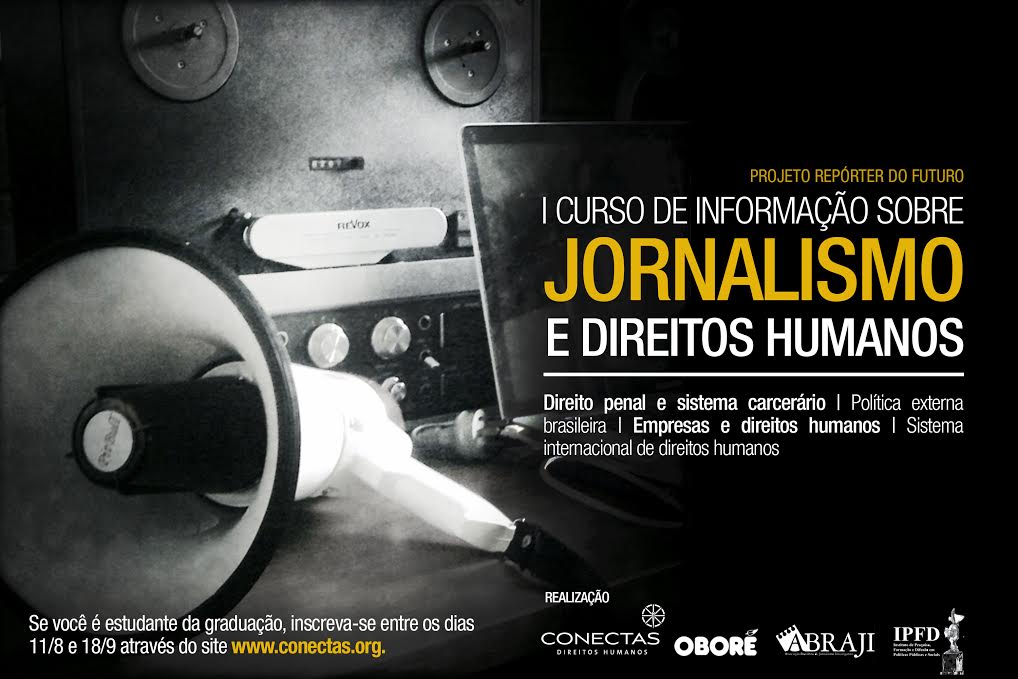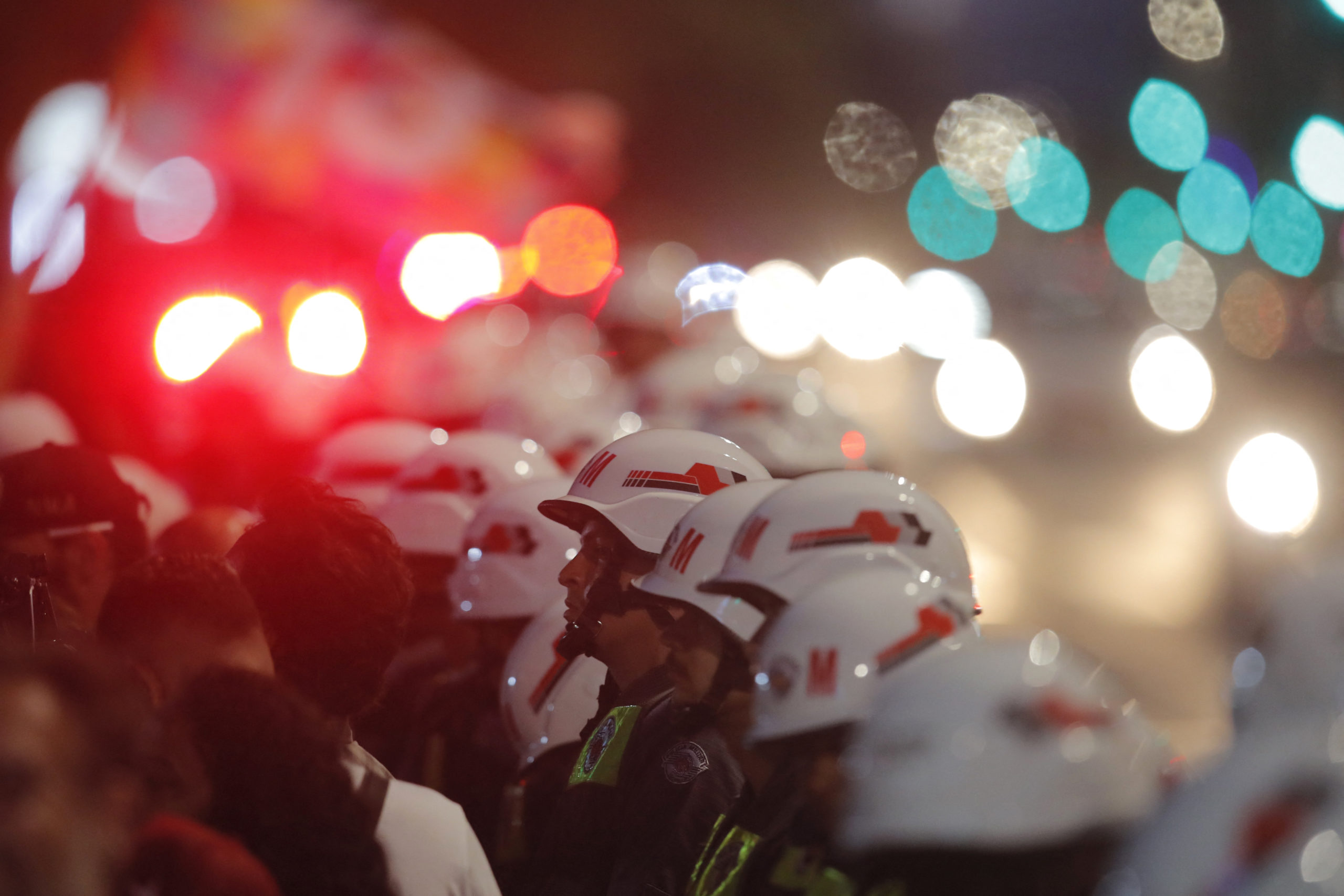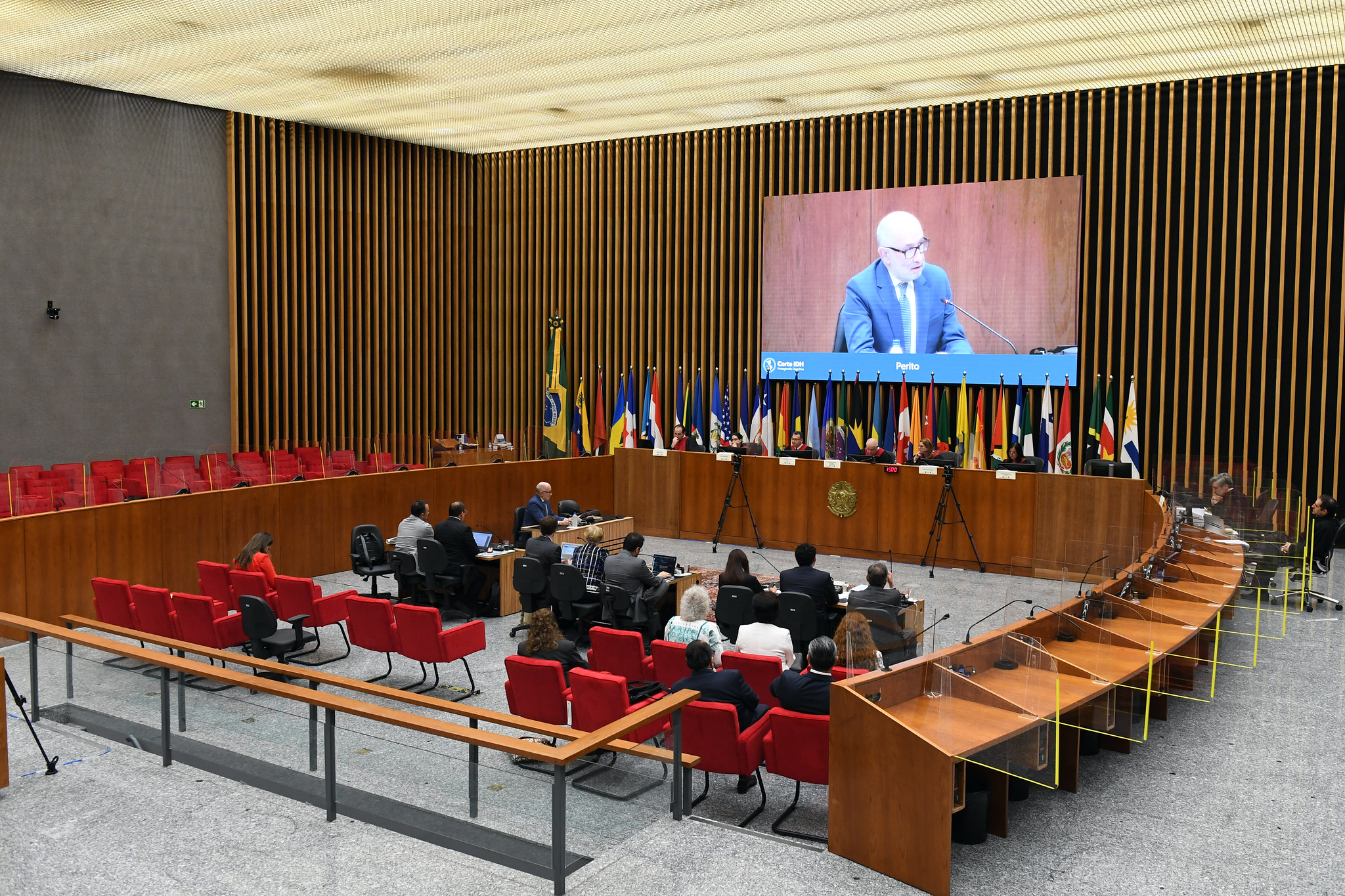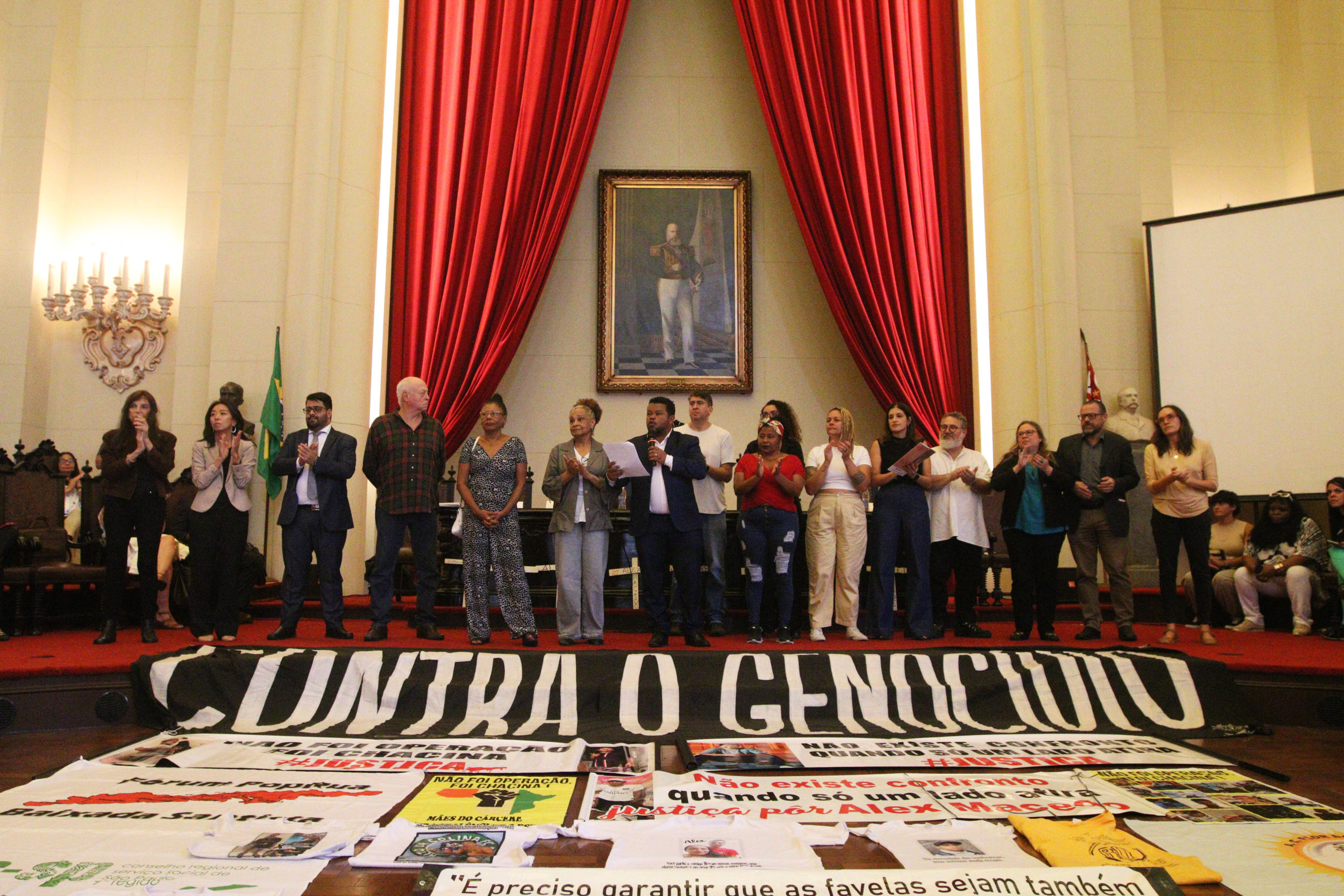Journalism and Human Rights

Registration is now open, until September 18, for the 1st Course on Journalism and Human Rights, which will be held over four consecutive Saturdays in October: the 4th, 11th, 18th and 25th.
The course is one of the modules of the Reporter of the Future Project, intended for students of journalism and other disciplines across Brazil. It has 20 places for students, but no places are available for observers. A laptop will be required.
Click here to register.
A Fellowship and Selection Meeting will take place at 2 pm on September 20, at the Vladimir Herzog Hall of the Union of Journalists (Rego Freitas, 530, upper floor).
In addition to attending a talk by Lucia Nader, executive director of Conectas, the candidates will also take a written test. The list of the 20 selected students will be published on September 26.
In this first edition of the course, the students will attend lectures and thematic press conferences on criminal law and the prison system, Brazilian foreign policy and human rights, business and human rights and the international human rights system.
All the speakers are part of the team of experts from Conectas: Rafael Custódio, coordinator of the Justice program; Marcos Fuchs, associate director of the organization and executive director of the Pro Bono Institute; Camila Asano, coordinator of the Foreign Policy and Human Rights program; Juana Kweitel, program director; and Lucia Nader, executive director.
The 1st Course on Journalism and Human Rights is being organized by Conectas in partnership with the Oboré agency, IPFD (Institute of Research, Training and Dissemination in Social Public Policies) and Abraji (Brazilian Association of Investigative Journalism).
Methodology
The course days will observe the following schedule: a 30-minute editorial meeting between the students and the course coordinator; a one-hour lecture by the experts, with no breaks; a 40-minute press conference; and, finally, 30 minutes to review the morning’s events, once again between the students and the coordinator. Afterwards, between 1 pm and 2.30 pm, the students will write a news article on the topic of the lecture.
The course will also offer, on a weekly basis, one-on-one sessions with journalists and teachers to provide personalized journalistic and writing guidance. These sessions will allow an assessment of the qualities to be developed and the weaknesses to be addressed by each student.
Money-back deal
To measure the real efforts of each participant, the course works on a “money-back” basis: the students will pay the equivalent of one monthly minimum wage upon enrollment, but the money will be reimbursed at the end of the course if they: 1) participate in all the course days; 2) participate in at least one one-on-one session; 3) produce all the weekly news articles immediately after each course day; 4) get at least one of these articles published in any media outlet with a responsible editor.
The methodology of the Reporter of the Future Project is the result of more than 20 years experience organizing complementary courses for university students.
Click here to register.
Program
September 20 | 2 pm
Vladimir Herzog Hall, Union of Journalists
Fellowship and selection meeting
Lucia Nader, executive director
Other course days held at the offices of Conectas Human Rights:
October 4 | 9 am
Criminal law and the prison system, with the lawyers
Marcos Fuchs, associate director of Conectas and executive director of the Pro Bono Institute
Rafael Custódio, coordinator of the Justice program
October 11 | 9 am
Brazilian foreign policy and human rights
Camila Asano, coordinator of the Foreign Policy and Human Rights program
October 18 | 9 am
Business and human rights
Juana Kweitel, program director
October 25 | 9 am
International human rights system
Lucia Nader, executive director
November 8 | 9 am
Final meeting for assessment and presentation of diplomas


